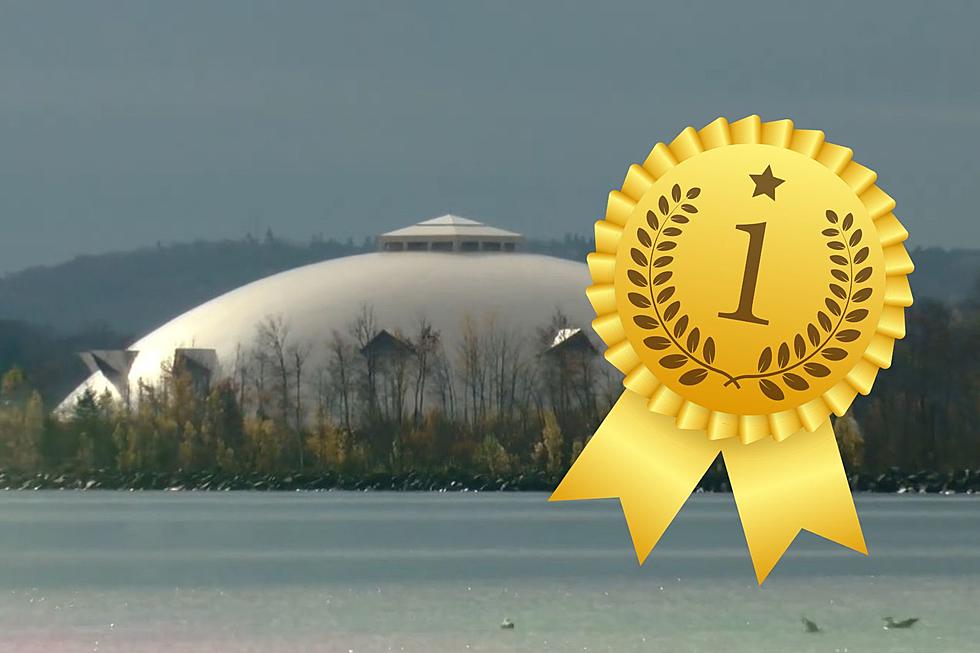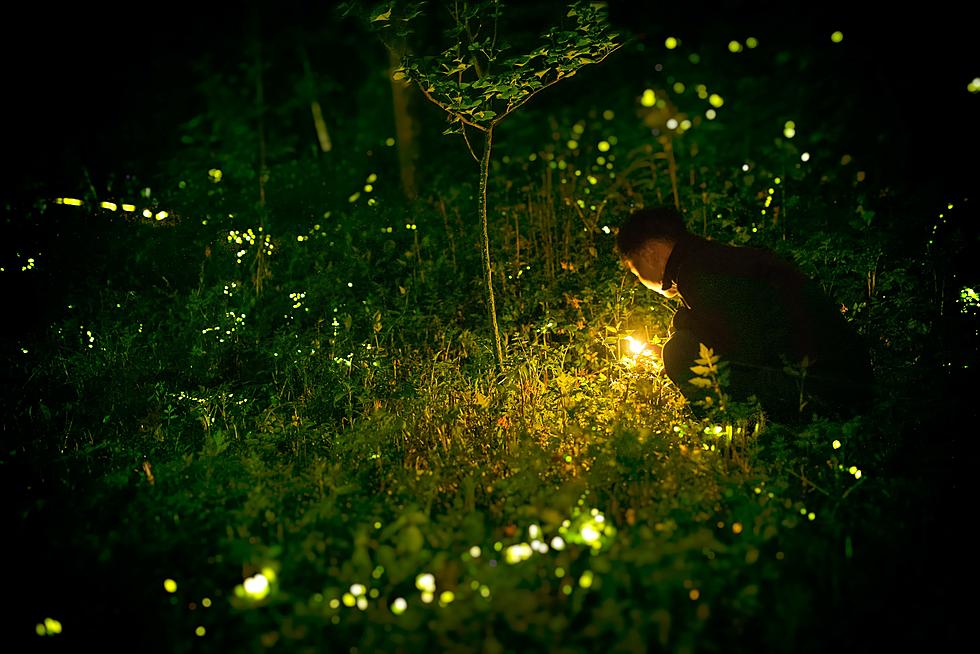
Politicians Are Costing Michigan State Millions By Banning Deals Like The One Spartans Have With Caesars Sportsbook
I know this is going to be hard to hear, so brace yourself. Meddling politicians and bureaucrats, in a transparently hypocritical move, are creating more problems than they solve.
Novel concept, right?
This time, their target is the burgeoning sports gambling industry, but the impact will be borne mostly by a handful of college athletic departments.

There are five public universities who have entered into marketing agreements with sportsbooks in recent years: Colorado, Denver, LSU, Maryland, and Michigan State. Those deals will now be made illegal beginning July 1, per the national trade association overseeing gambling, the American Gaming Association. Here's more from the Associated Press:
[T]he changes are necessary to keep up with developments in the fast-growing legal sports betting industry, which currently operates in 33 states plus Washington, D.C. The group is the national trade association for the commercial gambling industry.
But they also follow criticism of the gambling industry from regulators and those who treat gambling addiction; several states are outlawing the kind of betting partnerships covered by the code, and others are taking a renewed look at overall sports betting advertising.
The news carries significant consequence for Michigan State, whose official betting partner has been Caesars Sportsbook since 2021. MSU's marketing deal with Caesars was reported to be worth $9 million.
MSU's athletic revenue and total expenditures for the last pre-COVID 19 fiscal year were $140 million and $135.7 million, respectively. In that context, the sudden erasure of $9 million in revenue is palpable, let alone in the context of recent COVID 19-induced financial shortfalls. In 2020-2021 — the most recent fiscal year's worth of financial reporting — MSU spent about $105 million against $89.5 million in revenue, even after cutting $43.5 million via pandemic belt-tightening.
Put plainly, $9 million is a serious amount of money anywhere, and certainly in the world of college athletics, where the difference between spending and revenue is often razor thin even among the richest programs.
Politicians are on this kick because they've discovered that attacking college athletic programs for getting in bed with sportsbooks by way of alleging predatory tactics against innocent youths is good for poll numbers.
In a vacuum, I don't disagree with their logic. Universities are supposed to be bastions of wisdom — why would they promote gambling?
But real life doesn't occur in a vacuum, and when you diagnose this situation in that context its blatant hypocrisy is unmistakeable.
Politicians and bureaucrats are prohibiting college athletic departments from entering into business deals with sportsbooks because they say those sportsbooks prey on young people. That's rich considering there's a pretty convincing argument to be made that the entire college system in the United States, which has become unaffordable for most without the assumption of crippling lifetime debt, preys on young people.
And then there's politicians who, of course, prey on all people.
This entire crusade is morally dishonest and intellectually disingenuous. Need further proof? If politicians were truly concerned about college students and were serious about safeguarding their wellbeing, how could they not start with universities' business relationships with alcohol sponsors? Problem drinking kills more than 1,500 college students each year, but many big-time university athletic programs have gone into business with alcohol distributors. Did you know that Three Olives Vodka is "the official vodka sponsor of Spartan athletics?"
But that's just it — politicians aren't truly concerned about college students, and they're definitely not serious about safeguarding their wellbeing.
It's a gross ordeal, which comes as no surprise given politicians' M.O. is to ruin everything. The consequences could be even grosser, though.
Major college sports is an arms race. Even the biggest programs with the deepest pockets are desperate for cash (See: Day, Ryan, Begging Ohio State Boosters For NIL Money). That means the search for alternative revenue streams never ends.
So the sportsbook sponsorship well has dried up? It just brings us that much closer to ads on athletic uniforms. Hope you won't mind a gaudy Capital Region International Airport patch on the Spartans' football jerseys!
How about sponsored naming rights? So long Spartan Stadium, hello Sparrow Stadium! (More likely McLaren Stadium, given MSU's business connections there.)
Michigan State will continue to enjoy one of the best home-court advantages in the nation at the United Wholesale Mortgage Student Event Center. (This one is probably inevitable, although it would make it awkward for the MSU men's basketball team presented by Rocket Mortgage™.)
And hey, isn't it great that MSU hockey is back to being competitive and exciting? Coach Adam Nightingale has the Spartans' on-ice product matching the multimillion-dollar upgrades made at MSUFCU Ice Arena!
My point is that major college sports and its completely ridiculous business model make for strange bedfellows. In time, schools partnering with sportsbooks will seem banal.
But, as usual, change is difficult. And it's made all the more difficult thanks to the biggest predator out there — the politician running for reelection.
LOOK: The biggest scams today and how you can protect yourself from them
More From WKFR








